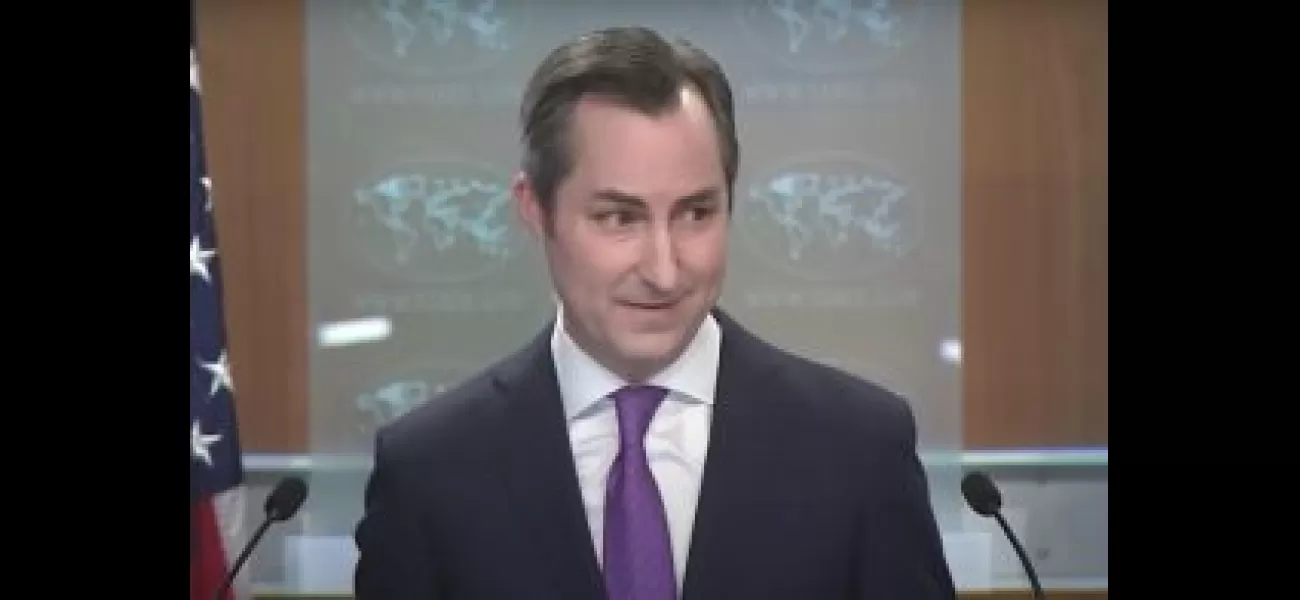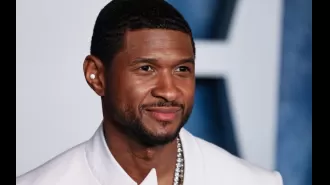US in talks with India over fair treatment of all religions
The US is committed to promoting and protecting freedom of religion and has engaged with countries like India to ensure equal treatment for all religious communities.
May 21st 2024.

According to a senior US official, the Biden administration is strongly dedicated to promoting and safeguarding the universal right to freedom of religion. This commitment has led to engagements with numerous countries, including India, to emphasize the importance of treating all members of religious communities equally. During a recent press conference, State Department Spokesperson Matthew Miller addressed a question regarding a New York Times article titled "Strangers in Their Own Land: Being Muslim in Modi's India." The piece claims that India's Muslim population, the largest in the world, is living in fear and uncertainty, raising concerns about their families and children.
When asked if any discussions have taken place with Indian officials on this issue, Miller refrained from commenting on private diplomatic conversations but reaffirmed the administration's strong stance on promoting and protecting the right to freedom of religion or belief globally. The aforementioned article published over the weekend alleges that Prime Minister Narendra Modi has eroded the country's secular framework and democratic values since taking office. However, India has rejected such allegations in the past, attributing them to misinformation and a flawed understanding of the country.
In an interview with PTI Videos on Sunday, Prime Minister Modi addressed these concerns, stating that he has never made any remarks against minorities and his party, the BJP, has never taken any action against them. However, he also made it clear that he does not believe in granting special status to any group of citizens. His comments are a clear indication of his stance on the issue, amidst criticism from the opposition that his election speeches are divisive and polarizing.
It is evident that the Biden administration is actively engaging with various countries, including India, to promote and protect the fundamental right to freedom of religion. The concerns raised in the New York Times article have been addressed and rejected by both the Indian government and Prime Minister Modi himself. It remains to be seen how this issue will be further addressed and resolved in the future.
When asked if any discussions have taken place with Indian officials on this issue, Miller refrained from commenting on private diplomatic conversations but reaffirmed the administration's strong stance on promoting and protecting the right to freedom of religion or belief globally. The aforementioned article published over the weekend alleges that Prime Minister Narendra Modi has eroded the country's secular framework and democratic values since taking office. However, India has rejected such allegations in the past, attributing them to misinformation and a flawed understanding of the country.
In an interview with PTI Videos on Sunday, Prime Minister Modi addressed these concerns, stating that he has never made any remarks against minorities and his party, the BJP, has never taken any action against them. However, he also made it clear that he does not believe in granting special status to any group of citizens. His comments are a clear indication of his stance on the issue, amidst criticism from the opposition that his election speeches are divisive and polarizing.
It is evident that the Biden administration is actively engaging with various countries, including India, to promote and protect the fundamental right to freedom of religion. The concerns raised in the New York Times article have been addressed and rejected by both the Indian government and Prime Minister Modi himself. It remains to be seen how this issue will be further addressed and resolved in the future.
[This article has been trending online recently and has been generated with AI. Your feed is customized.]
[Generative AI is experimental.]
0
0
Submit Comment





